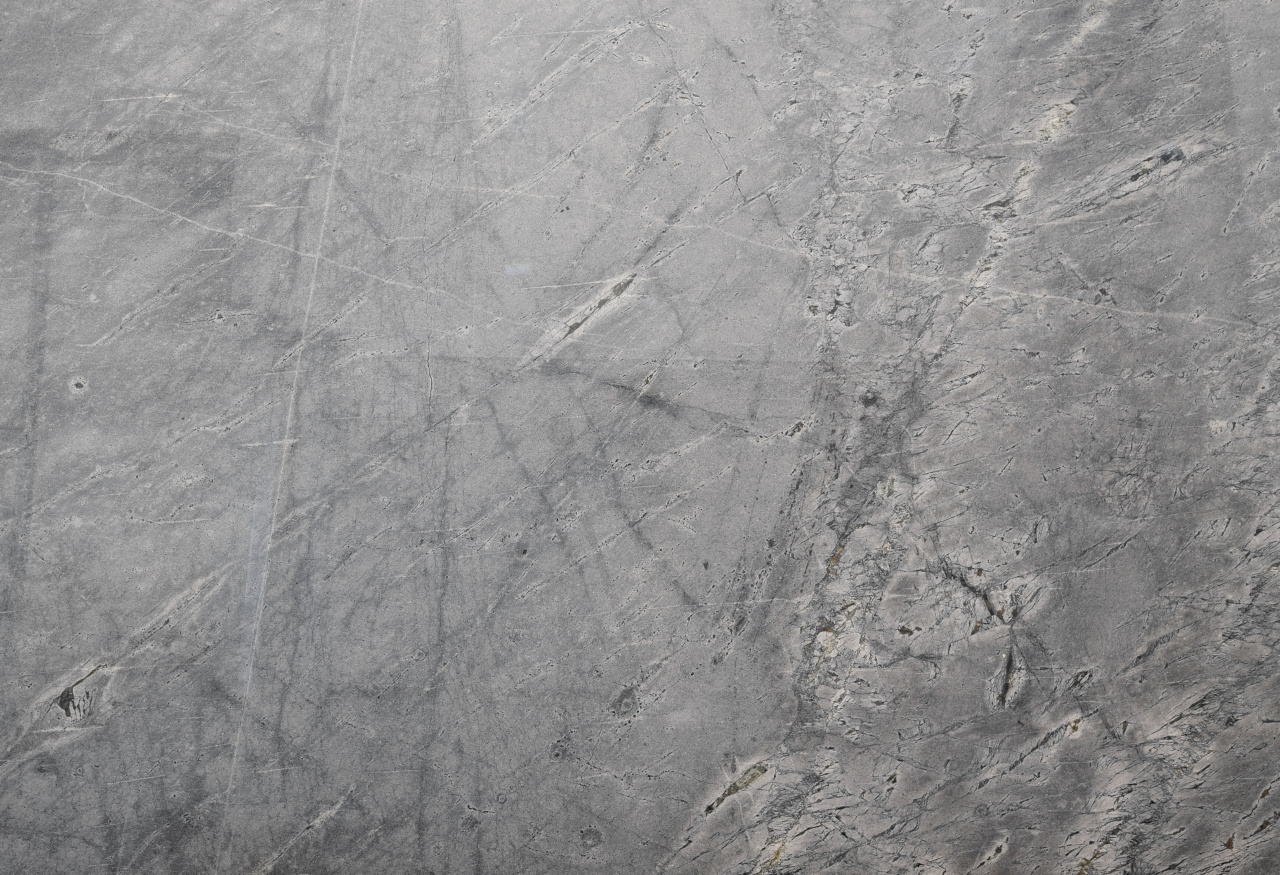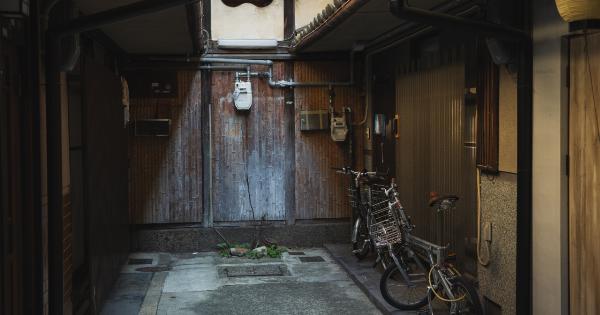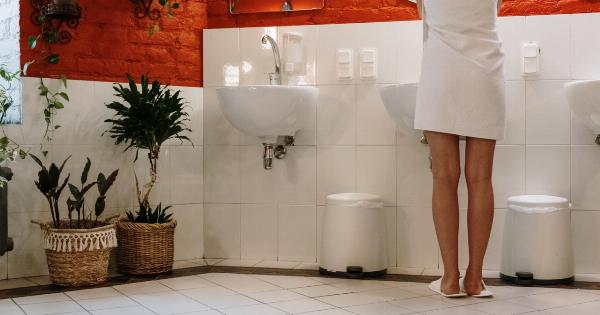Granite flooring has been a popular choice for homeowners for many years due to its durability, beauty, and natural appearance. However, recent research suggests that granite flooring may pose health risks, particularly the risk of cancer.
In this article, we explore the potential hazards of granite flooring and how to minimize your risk.
What is Granite Flooring?
Granite is an igneous rock that is commonly used in flooring, countertops, and other construction projects due to its hardness, durability, and natural beauty.
Granite flooring is a type of natural stone flooring that is made from large slabs of granite which are cut and polished into tiles for use in homes and other buildings.
The Hazards of Granite Flooring
Although granite flooring is a natural product, it can still pose health hazards due to the presence of naturally occurring radon and other radioactive materials.
Radon is a colorless, odorless gas that can seep up from the ground and become trapped in the home. Exposure to radon is a known cause of lung cancer, and prolonged exposure can increase your risk of developing this deadly disease.
The Risks of Radon Exposure
Radon exposure is particularly problematic for homeowners with granite flooring in their homes because the stone is porous and can absorb and hold onto radon particles.
Over time, these particles can build up to dangerous levels and increase the risk of lung cancer for occupants of the home. Other potential health hazards associated with radon exposure include respiratory problems, lung damage, and other serious health issues.
How to Minimize Your Risk
If you have granite flooring in your home, there are steps you can take to minimize your risk of radon exposure. One of the most important steps is to test your home for radon levels using a radon testing kit.
These kits are widely available at hardware stores and online retailers and are easy to use. If your home has high radon levels, you may need to install a radon mitigation system to remove the gas and reduce your risk of exposure.
Other Factors to Consider
In addition to radon exposure, there are other factors to consider when it comes to the health hazards of granite flooring.
For example, some types of granite may contain small amounts of asbestos, which can also increase the risk of cancer and other health problems. It is important to choose your granite flooring carefully and to consult with a professional installer to ensure that your home is safe and healthy.
Conclusion
Granite flooring is a beautiful and durable choice for homeowners, but it can also pose serious health risks.
If you have granite flooring in your home, it is important to take steps to minimize your risk of radon exposure and to choose your flooring carefully to ensure that it does not contain asbestos or other harmful materials. With the right precautions, you can enjoy the beauty and natural appeal of granite flooring without putting your health at risk.































